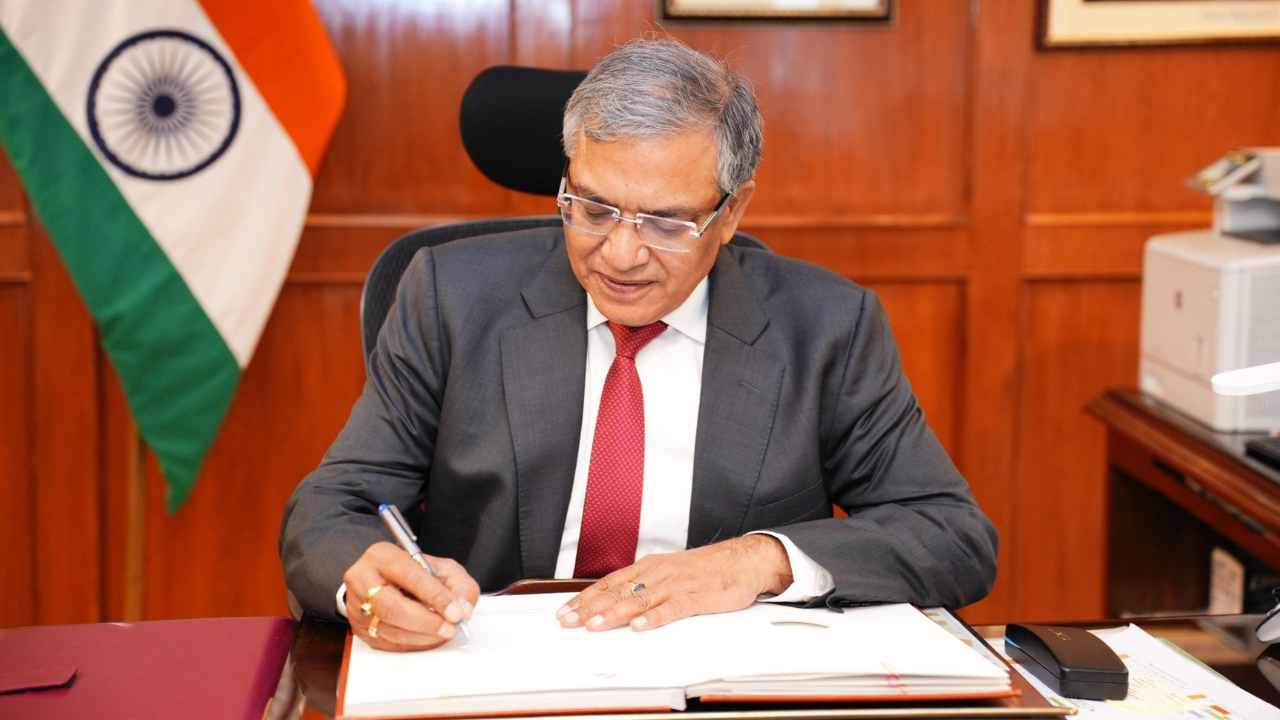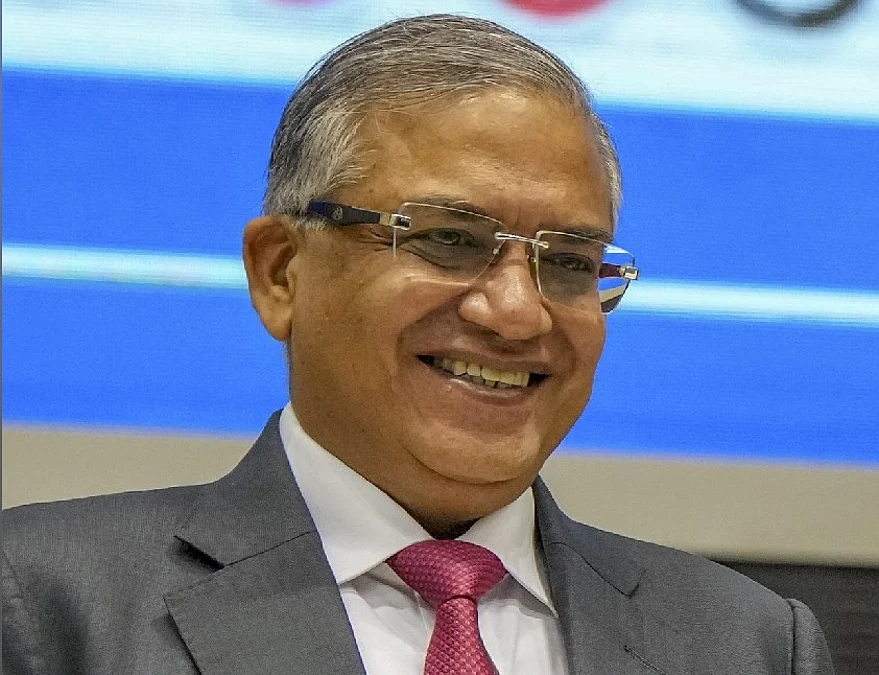Few bureaucrats dare to challenge politicians openly, but Gyanesh Kumar, India’s Chief Election Commissioner (CEC), has carved a reputation for standing firm in the face of political fire. A 1988-batch IAS officer from the Kerala cadre, Kumar is currently steering the Special Intensive Revision (SIR) in Bihar, despite opposition resistance, Supreme Court challenges, and public threats from senior leaders like Rahul Gandhi.
Accused of “voter list manipulation” (vote chori in opposition parlance), Kumar has not only denied the charges but boldly invited his critics to prove them in court—or face prosecution. “India’s voter list process is among the most rigorous and transparent in the world,” he insists, declaring the sanctity of the ballot as his top priority.
The Bureaucrat Behind Historic Events
Kumar’s career has been as eventful as it has been influential. From playing a key role in the abrogation of Article 370 in Jammu & Kashmir to contributing to the formation of the Ram Mandir Trust in Ayodhya, he has often been at the center of India’s defining moments. Before his retirement in 2023, he also became the first-ever Secretary of the Ministry of Cooperatives, working under Home Minister Amit Shah.

Not new to crisis management, Kumar successfully led the 2014 Iraq evacuation, rescuing 46 nurses and 183 citizens from ISIS captivity. His earlier stints included crucial roles in the Defence Production Ministry, Parliamentary Affairs, and Urban Housing during both NDA and UPA governments.
An Uncompromising CEC
Appointed as Election Commissioner in March 2024, Kumar oversaw the 2024 Lok Sabha elections and Jammu & Kashmir’s first Assembly polls post-UT transition. Elevated to CEC in February 2025, his tenure stretches till January 2029, during which he will oversee 20 Assembly elections, the 2027 Presidential polls, and the 2029 Lok Sabha elections—making him one of India’s most consequential election chiefs.
With his firm stance, sharp rebuttals, and reputation for impartiality, Gyanesh Kumar has placed the Election Commission of India at the center of national politics, ensuring that his legacy will be remembered long after the current controversies fade.


